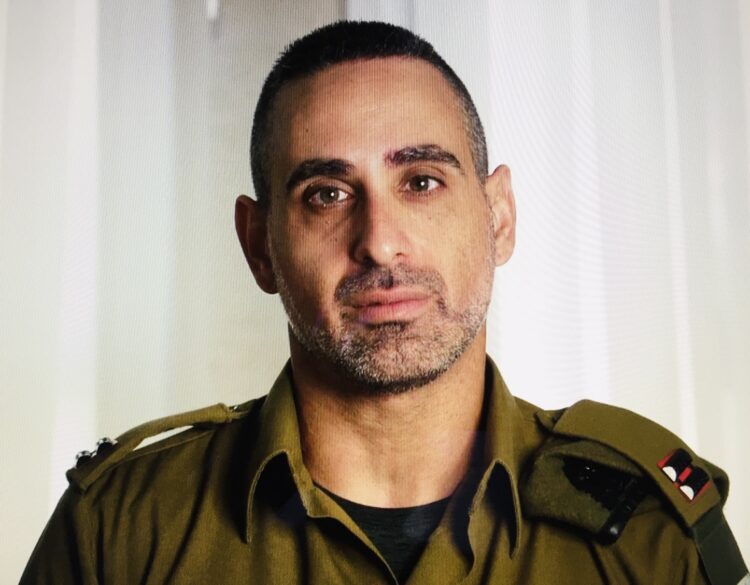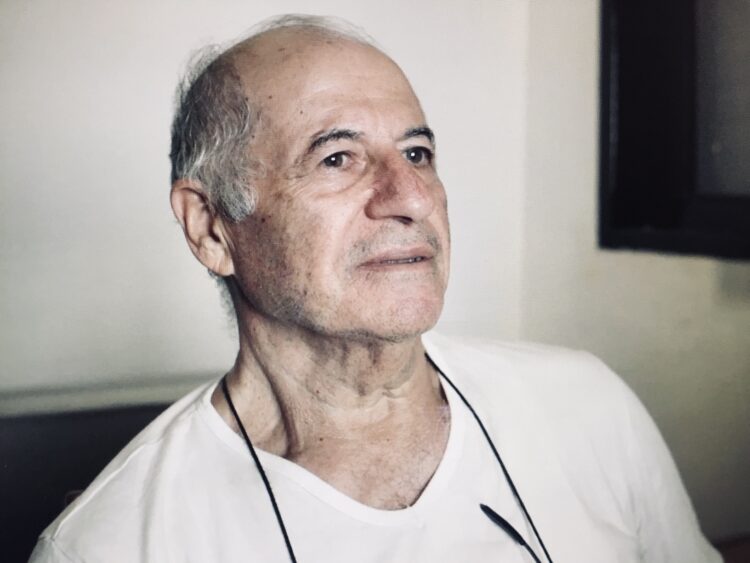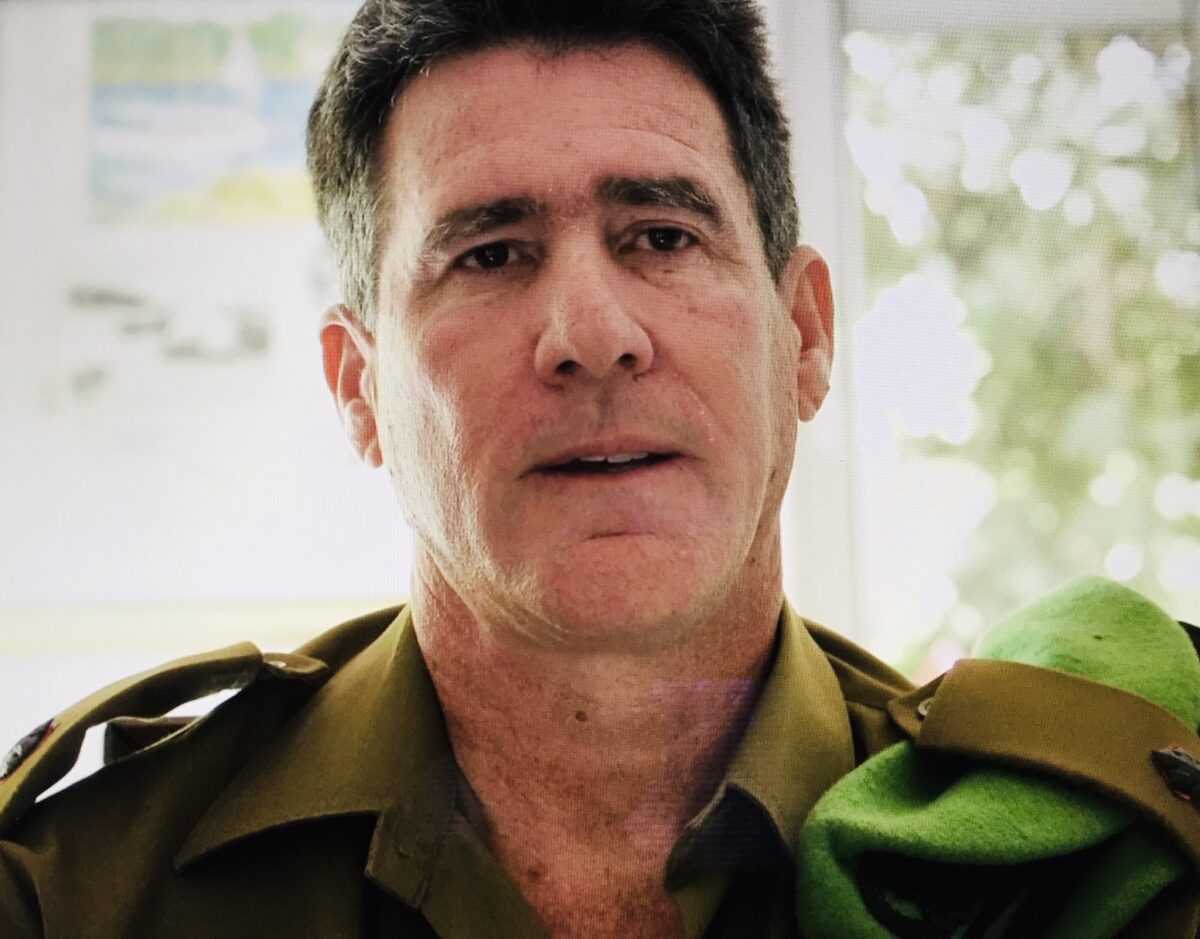Israeli casualty notification officers may well be saddled with the most emotionally draining job in Israel’s armed forces. Their solemn and wrenching duty is to inform next of kin that their loved one has been killed. Since Israel is almost constantly at war, they are often busy.
Knock on the Door, an intensely moving Israeli documentary by Aya Elia and Ohad Milstein scheduled to be screened at the Toronto Jewish Film Festival on June 7, focuses on three of these officers, all of whom remain unidentified, and on the family of a naval commando who never returned from a mission in southern Lebanon.
Notification officers spring into action after receiving a phone call from the Israel Defence Force. When they arrive at the designated base, they are briefed, and then a taxi takes them to the soon-to-be-bereaved family.
“You have to take a deep breath because you’re entering a situation that’s not normal,” says an officer.
Three officers appear and knock on a door. In most cases, the person who answers immediately understands what is happening. “We’re like the angel of death,” says another officer. “No news can be worse than this.”
In a split second, they change the lives of the affected family. Nothing can soften the blow.
A third officer says he approaches a door with a sense of “sacred anxiety.”

It took one officer four hours to convey the dreadful news to one family, which refused to believe their son was gone. For a while, the father was in total denial.
“You see the devastation in their eyes,” says an officer. “They’re shattered.”
In some cases, the recipient of bad news changes physically. Citing an example, an officer recalls a grieving mother whose brown hair turned white over the course of four days.
As they speak, the officers are occasionally overcome by grief and shed tears. It’s difficult to comprehend how they can manage to continue to perform this essential function. Unfortunately, the filmmakers fail to ask them what kind of an emotional toll it takes on them and whether they can go on indefinitely. It’s a yawning gap in the movie.
The final portion of it revolves around the family of Itamar Elia, a 22-year-old naval commando from Arad who was killed in Ansariya, Lebanon, on September 4, 1997 along with eleven of his comrades. They were cut down in a Hezbollah ambush, in the worst incident of its kind since Israel’s occupation of southern Lebanon.
For months, Elia was listed as missing. His corpse was finally exchanged for the bodies of fallen Hezbollah fighters. One of them, Hadi Nasrallah, was the son of Hassan Nasrallah, the leader of Hezbollah. For better or worse, this information is absent in the movie.

Aya Elia, Itamar’s sister, remembers the day when she and her parents were notified he was missing. The clock seemed to stop, she says. It was an unbearable experience.

Itamar’s mother had a sinking feeling about her son’s fate when she heard a radio or television report of the ambush. His father was torn by pain, but sought to get through his grief without medication.

Knock on the Door is a modest film in terms of its scope, but it packs a punch and leaves a powerful impression.
